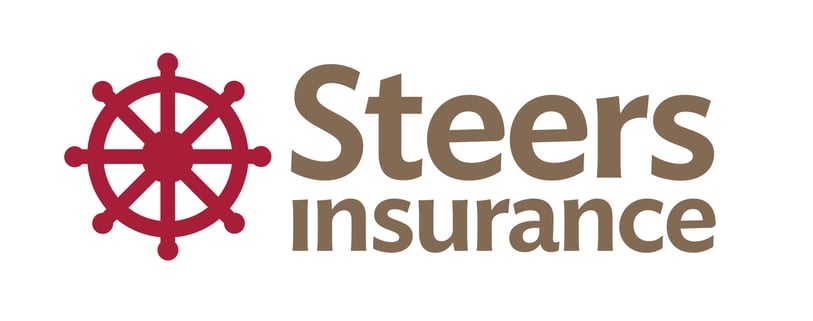
You may have seen the terms, Bid Bond, Surety Bond, Security in Tender Documents, but what does it mean. What are Bonds? How is this different from Insurance?
What are Surety Bonds?
Bonds are a financial guarantee to an owner (Obligee) that the contractor (Principal) is knowledgeable of the work to be performed and funds are secured and available should the Principal default in completing a project.
Bonds cover performance, duties, responsibilities undertaken by the Principal.
If Surety Bonds are for the benefit of an owner (Obligee), what is the benefit for me as the Principal?
Contractual Surety Bonds satisfy the financial security requirements as outlined in Construction or Services Performed Tenders. Some tenders will state that the bidder has to provide a bid deposit, which could possibly restrict your cash flow while awaiting the release of the award. The benefit of Surety Bonds is that the financial security check and asset liquidity review is performed by the Surety Company, which allows you to submit Bid Bonds in lieu of deposits on your tenders, hence, freeing your cash flow for daily operations.
Another Benefit of Bonds shows owners (Obligees ) that a company (the Surety) has already reviewed and investigated your performance, experience and financial company stability of your company, AND, there is financial guarantee to support completion of the project.
Terms used when discussing Surety:
Surety: The organization that guarantees to the obligee that the principal will perform the project stated on the surety bond, as required by contract, permit or law.
Principal: The person or contractor requiring the bond. The Surety is guaranteeing their performance **The principal is not necessarily a contractor. We are just using this example as related to the general audience of the CHBA.
Obligee: The person or organization that is receiving the Surety’s Guarantee that the principal will perform the duties of the project stated on the surety bond.
Types of bonds: Reference: Surety Bonds (suretycanada.com)
Commercial Bonds Commercial surety bonds satisfy the security requirements of federal and/or provincial courts, government bodies, financial institutions, and private corporations and protect against financial risk. These bonds guarantee that the business or individual will comply with all required legal obligations.
Contract Bonds Contract surety bonds are used primarily in the construction industry. These bonds protect the owner (obligee) from financial loss in the event that the contractor (principal) fails to fulfil the terms and conditions of their contract.
How are they different from Insurance?
Claim payouts are reimbursed to the Surety
It is anticipated that the Principal is skilled and knowledgeable and has the resources to complete the project. If the Contractor fails to complete the project or carry out their obligation, the Surety must complete their obligation to pay the amount of the bond. What is unique about bonds is that the Surety then has recourse to the Contractor for the total reimbursement of sums paid on their behalf. As mentioned in this article from Apollo magazine, “After you claim your insurance, your insurer pays you. Although your premiums may increase, the insurance company can’t recover this payout from you later on.”
3 Party Contractual Agreement
Insurance contracts are two party agreements; the Insurer and the Policy Holder. No other party can benefit from the insurance policy besides the Policy Holder.
Surety Bond obligations involve : The Surety Guarantees that the Principal will perform the duties required on behalf of the Obligee. Should the Contractor not perform the duties, the Surety will provide the financial requirements to ensure the duty is performed for the Obligee.
The Obligee benefits from the bond
The bond the contractor secures is protection for the owner (Obligee) to guarantee that the project will be completed (the Obligee will be indemnified in the event of default under the obligation of the bond).
The Obligee can also file the claim directly to the Surety. With insurance, the policy holder is the only party permitted to report claims.
Bonds cannot be cancelled
Bonds cannot be cancelled by the Surety unless 1) The obligation requirements are completed or 2) released by court or 3) the original signed and sealed bond is surrendered back to the Surety. Insurance policy wordings include pro rata and short rate verbiage which permits policies to be cancelled for non payment.
And finally, the Surety does not expect claims, while insurance does expect claims.
Who typically requests Commercial Bonds:
Commercial surety bonds satisfy the security requirements of federal and/or provincial courts, government bodies, financial institutions, and private corporations and protect against financial risk. These bonds guarantee that the business or individual will comply with all required legal obligations.
For a consumer, this means that commercial surety bonds protect against fraud, misrepresentation, and compensation of monetary loss.
So if you see any upcoming projects or tenders that are of interest to you which use CCDC contracts (Canadian Construction Documents Committee) or mention Bid Bonds, you may want to reach out to us to discuss your options.
Do you have questions about bonds and insurance? If so, contact us to help give you the answers you need.
Resources
https://magazine.apollocover.com/article/what-does-bonded-and-insured-mean/


 ;
;
 ;
;
 ;
;
 ;
;
 ;
;
 ;
;
 ;
;


